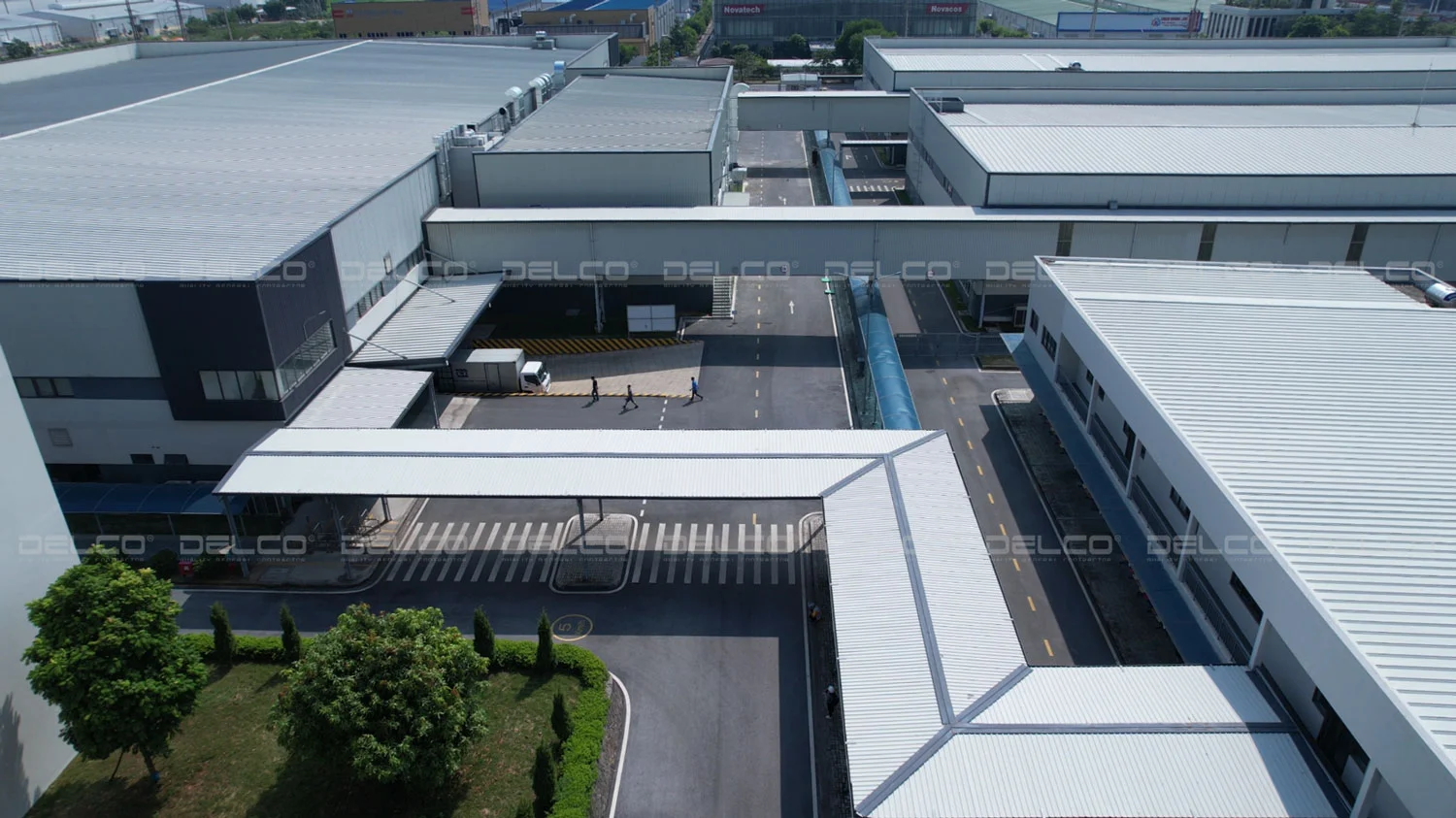Currently, Vietnam has approx. 5,000 enterprises operating in the supporting industries, with a total revenue of over 900,000 billion VND and becoming a destination in the supply chain transition for many large corporations such as Apple, LG, Panasonic, Intel, and others.
The supporting industries – new FDI attracting sector
What are supporting industries?
Supporting or ancillary industries involve the production of raw materials, components, and parts essential for manufacturing complete products.
In Vietnam, this sector is increasingly emphasized for development and plays a crucial role in integrating into global supply and value chains, thereby boosting Vietnam’s economy. Leading manufacturing in the supporting industries include electronics, textiles, and automotive, among others. These industries are pivotal in enhancing the manufacturing capabilities and export potential of the country.
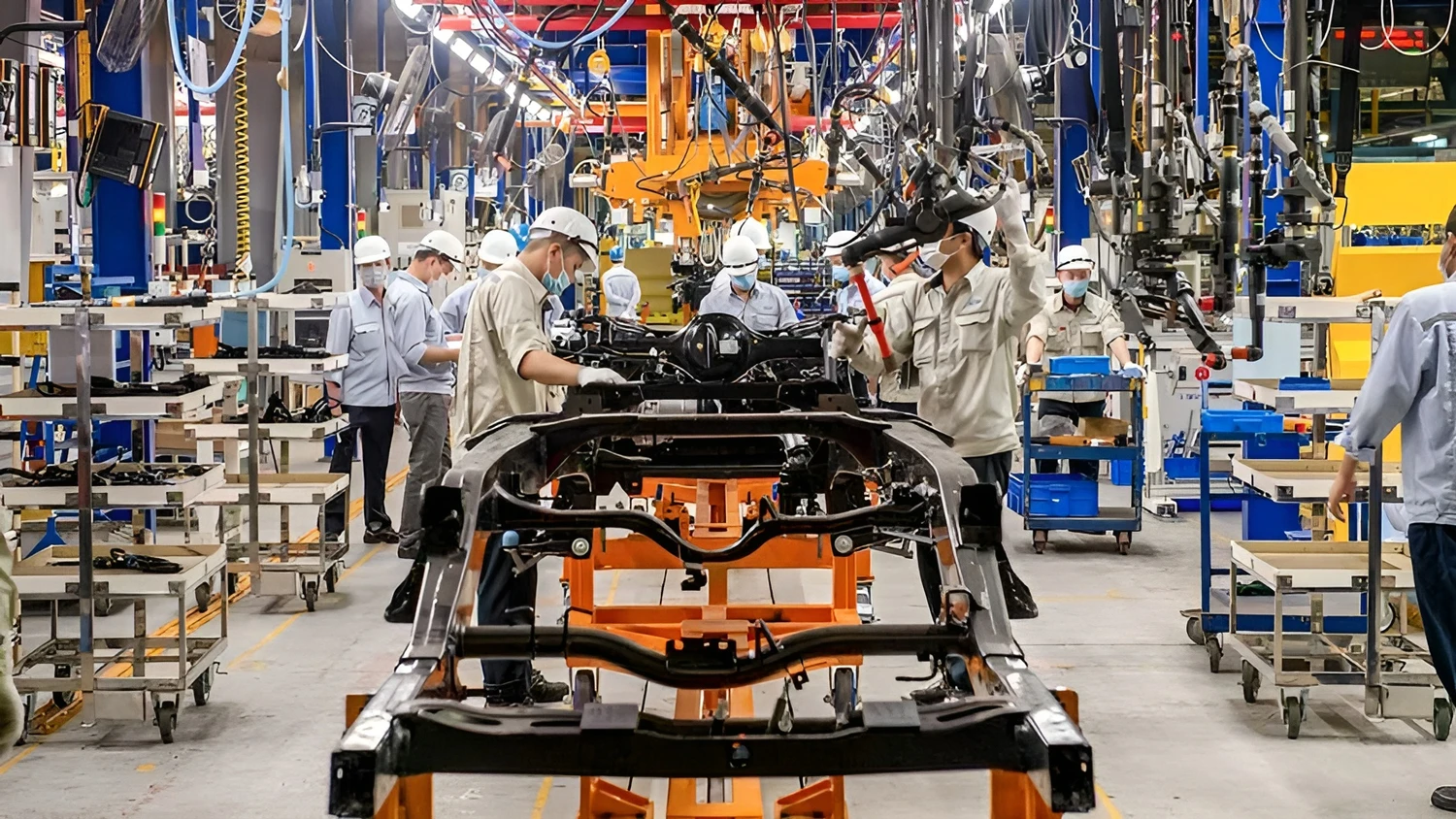
The supporting industry in Vietnam: data and trends
Currently, there are about 5,000 enterprises in the supporting industries in Vietnam, accounting for 4.5% of the total number of enterprises in the processing and manufacturing sector. These enterprises employ over 600,000 workers, achieve a revenue of more than 900,000 billion VND, and account for 11% of the total revenue of the manufacturing sector.
Up to now, Vietnam has 240 enterprises participating in Samsung’s supply network, 60 enterprises are Toyota suppliers, of which 13 are purely Vietnamese suppliers. In addition, Vietnam has also become a destination in the supply chain shift of large corporations in the manufacturing and service industries such as Apple, LG, Panasonic, Intel, GS, etc.
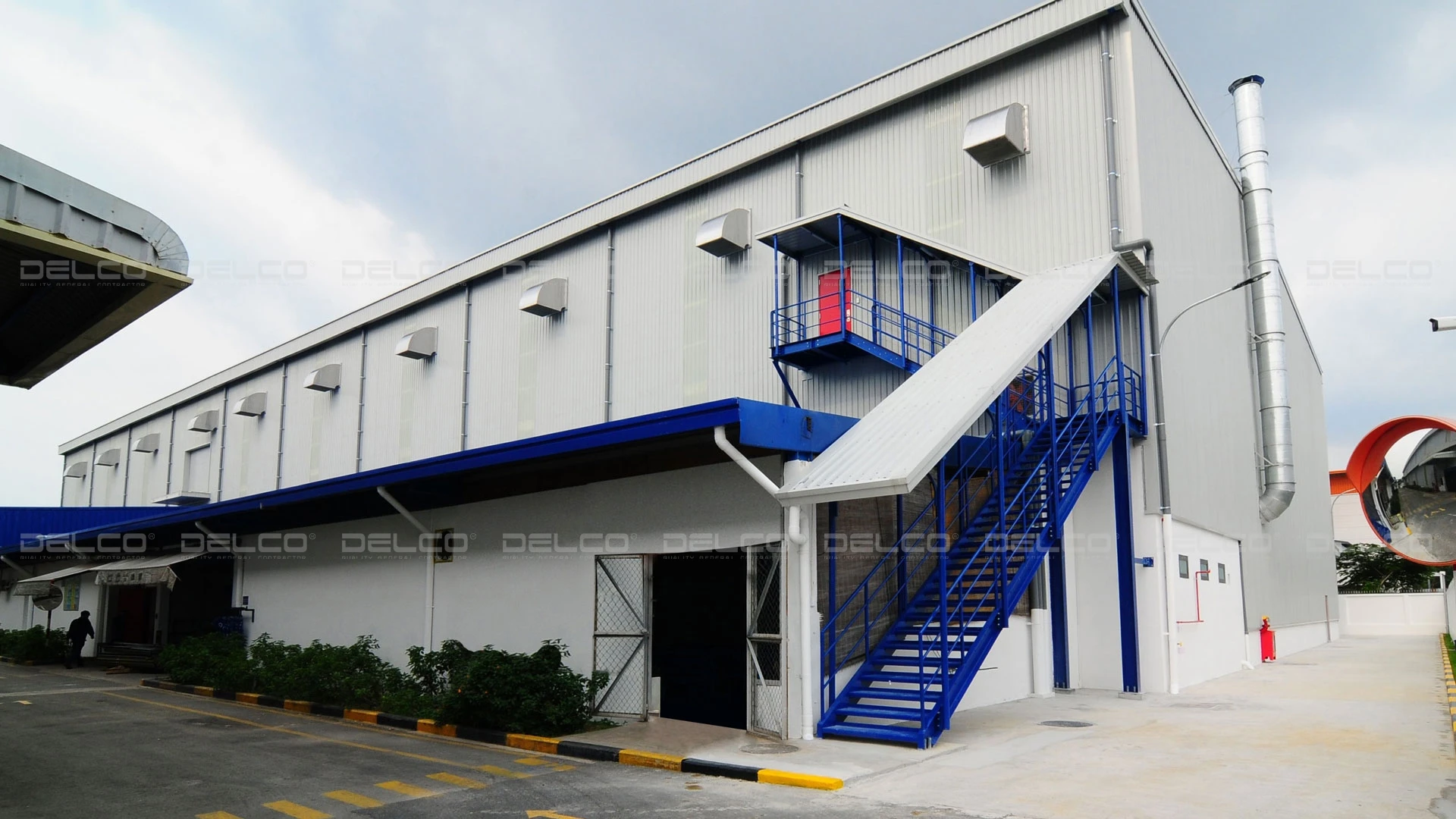
GS Vietnam Battery Factory in Binh Duong
Advantages help the supporting industry become the new FDI magnet in Vietnam
In addition to inherent advantages such as strategic location, a plentiful workforce, competitive labor costs, etc., the supporting industries in Vietnam also attract FDI thanks to trade agreements signed with ASEAN countries and the EU, such as ATIGA and EVFTA. These agreements help reduce the cost and improve the convenience of shipping components to and from Vietnam for assembly.
Moreover, in recent years, global corporations like Samsung have continued to expand their production in Vietnam. Apple has also confirmed plans to move part of its iPad production line to Vietnam, prompting many suppliers to plan investments in the country, includingFoxconn.
Particularly after the US-China trade war, many large manufacturers have chosen to leave China to avoid the impacts of punitive tariff policies. Meanwhile, Vietnam, sharing a border with China and having a stable economic and political climate coupled with attractive incentive policies, has become a favored destination for FDI enterprises to establish their manufacturing facilities.
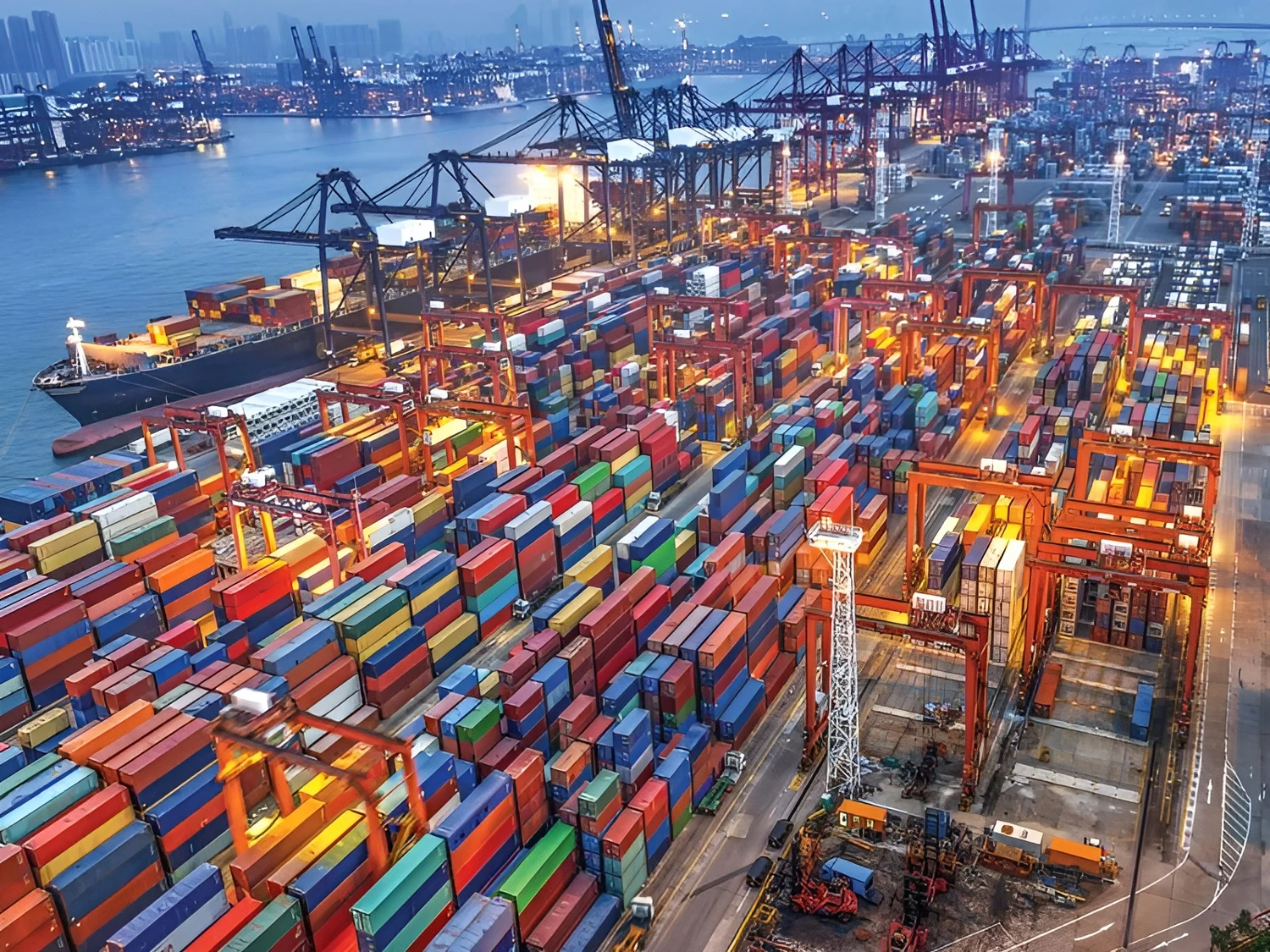
Vietnam boasts a long coastline featuring major deep-water ports, facilitating trade with regional and international countries.
FDI incentives for supporting industry in Vietnam
Numerous development-driving policies
To attract large manufacturers, Vietnam has implemented various development policies aimed at enhancing the skills of its workforce and improving the capabilities of domestic enterprises to meet the demands of large corporations:
- Collaborating with Samsung to launch a supplier development program, organizing training and providing business improvement advice for Vietnamese experts.
- Establishing R&D centers to support the supporting industries in the three key economic regions: North, Central, and South.
- Providing capacity support, credit conditions, and market access for investors, particularly medium and small enterprises that are limited by size and resources.
- Expanding the product portfolio in supporting industries to align with current trends.
Incentives for FDI Investors in Vietnam
In addition to benefits such as a strategic location, abundant labor, and suitable development policies, Vietnam is also offering numerous special incentives for the supporting industries, facilitating operations for FDI investors in the country.
- Tax rate incentives: Investors benefit from a preferential income tax rate of 10% instead of the usual 20%.
- Corporate income tax (CIT) incentives: Investors enjoy a corporate income tax exemption for the first four years and a 50% tax reduction for the next nine years.
- Import tax incentives: Investors are exempt from import taxes on machinery and equipment that create fixed assets; components and spare parts not produced domestically, and products supporting the textile industry.
- Land rental exemption: Investors are exempt from land rental fees, according to Article 14 of Decree 35/2017/ND-CP.
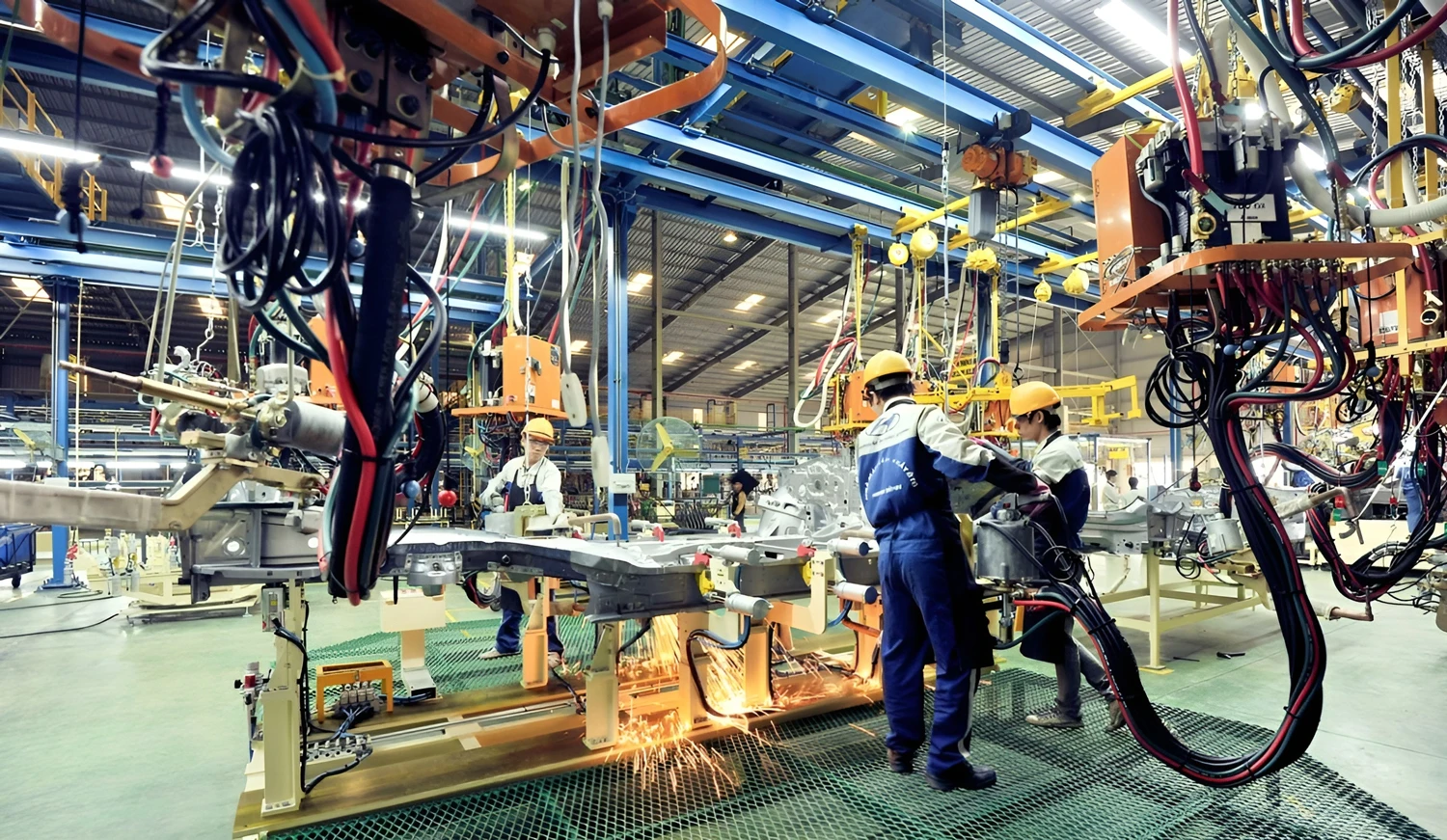
A 10% tax rate is applied to FDI investors investing in Vietnam’s supporting industries.
See more: A comprehensive overview of Tax incentives for FDI businesses in Vietnam.
Development Trends of the Supporting Industries in Vietnam for 2024 – 2025, with a Vision Toward 2030
The global supply chain shift is positioning Vietnam as an attractive location, drawing numerous major corporations to relocate and expand their production to Vietnam. This movement has strongly spurred the development of the supporting industries. Key sectors such as automotive, electronics, and textiles are rapidly growing, creating a significant demand for supporting industrial products. This growth is increasing Vietnam’s domestic production ratio to 41.9%, a nearly 10% increase over the past decade.
To expand the market for these developing industries, Vietnam will continue to focus on promoting priority sectors such as machinery, automotive, textiles, footwear, and electronics in the coming years. Vietnam will also explore strategies to support the export of key industrial products as well as to expand its product portfolio and enter new markets; emphasizing investment, technology transfer, and innovation in manufacturing to enhance the production of higher-value industrial support equipment and products.
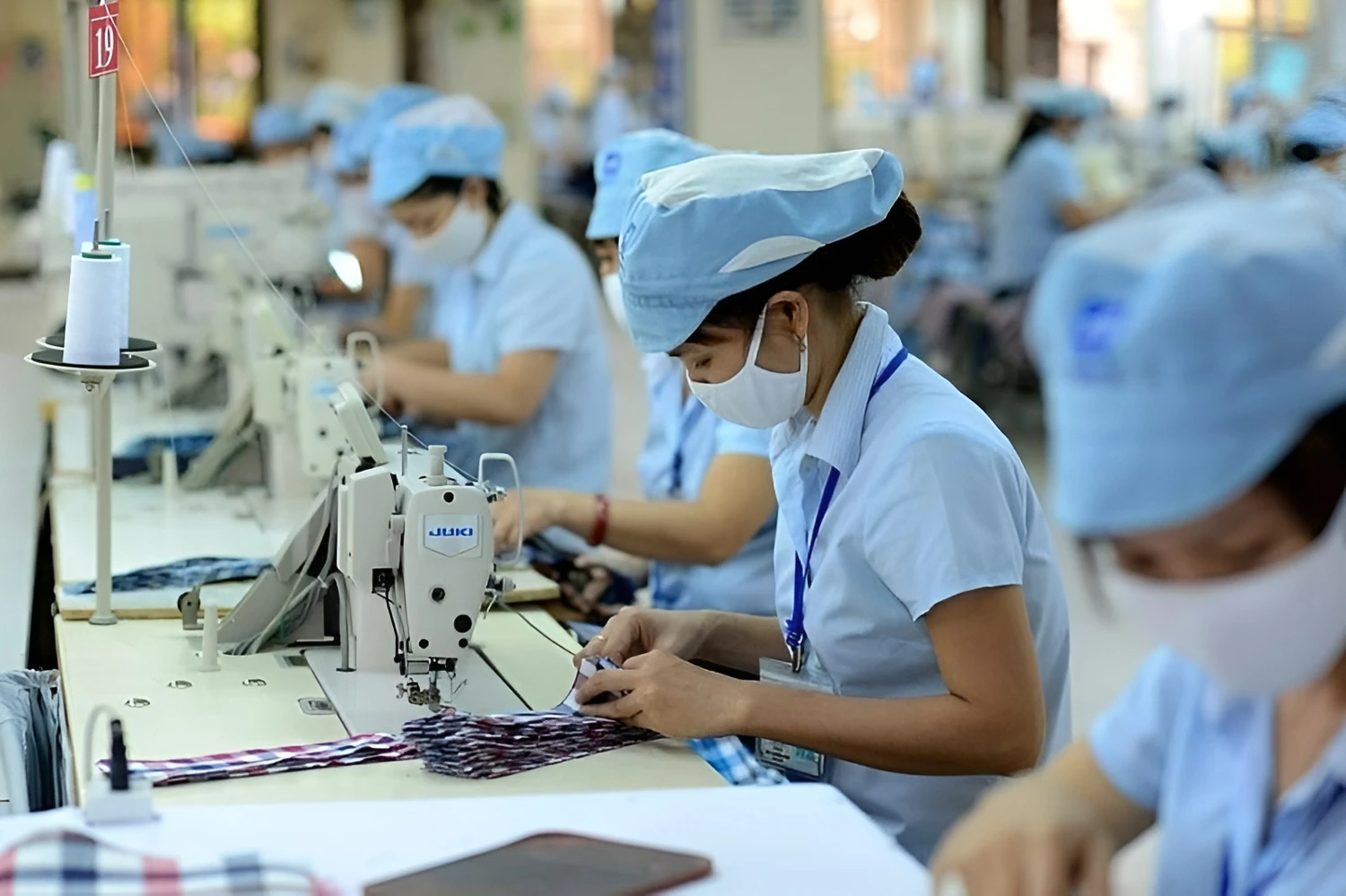
Focusing on the development of supporting industries in textiles, machinery, automotive, and electronics…
The Vietnamese government has also signed a decision to invest over 870.7 billion VND in the supporting industries for the period 2024 – 2025, aiming to achieve the goal that by 2025, this sector will meet 45% of the essential needs for domestic production and consumption, and by 2030, it will meet 70%, accounting for 14% of the industrial production value. This decision is crucial in significantly boosting the development of the supporting industries and facilitating the operations of businesses active in Vietnam.
See more: The supporting industry factory projects in Vietnam designed and built by Delco.
See more: The development trends of the textile and footwear industries in Vietnam.


